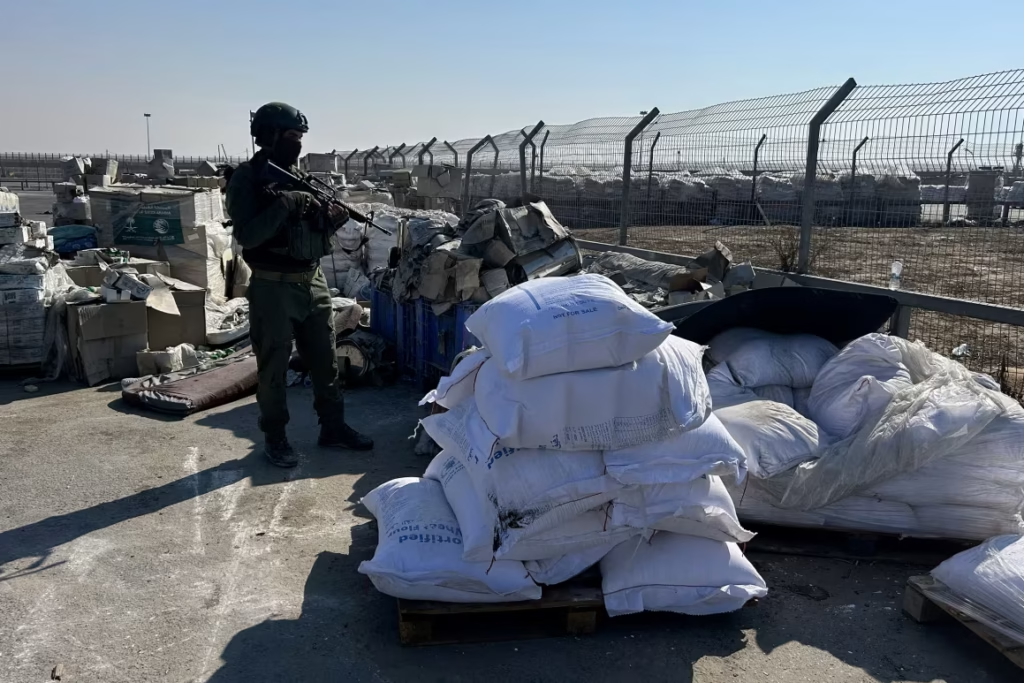As the war in Gaza intensifies, a growing divide is emerging across the American political landscape over continued U.S. support for Israel. Recent polls show that public approval of Israel’s military actions has dropped significantly, with just around one-third of Americans now backing the offensive. The decline is most pronounced among Democrats and younger voters, while support among Republicans remains more consistent but is showing signs of strain.
Within the Republican Party, cracks are forming as some members of the MAGA-aligned faction express dissatisfaction with U.S. policy. Figures like Rep. Marjorie Taylor Greene and Rep. Thomas Massie have raised concerns over the humanitarian crisis in Gaza, aligning with an “America First” stance that questions foreign military entanglements. Despite this, traditional Republican leaders continue to advocate for strong military and diplomatic support for Israel, citing national security and strategic alliances.
Former President Donald Trump, currently serving a second non-consecutive term, has walked a careful line. While reaffirming U.S. commitment to Israel, he has also acknowledged the growing humanitarian concerns in Gaza, noting signs of starvation and urging for improved aid access. His remarks reflect a more complex view of the conflict than seen in earlier Republican administrations.
On the Democratic side, there is a noticeable shift in both public opinion and legislative action. A significant portion of Democratic voters now express more sympathy toward Palestinians, with many citing the humanitarian toll in Gaza. Though some party leaders remain cautious due to long-standing pro-Israel affiliations, a growing number of lawmakers are calling for more oversight and accountability regarding U.S. arms sales and military assistance to Israel.
The debate has reached Congress, where recent efforts to block certain arms shipments to Israel, though unsuccessful, reveal increasing pressure from progressive and independent lawmakers. The generational and ideological rift within both parties indicates that America’s support for Israel, once considered a bipartisan consensus, is now a subject of intense national debate.
This ongoing divide may influence future foreign policy decisions, aid packages, and America’s role in mediating peace efforts in the Middle East. With the situation on the ground in Gaza growing more dire, and U.S. political discourse becoming more fractured, the path forward remains uncertain.


